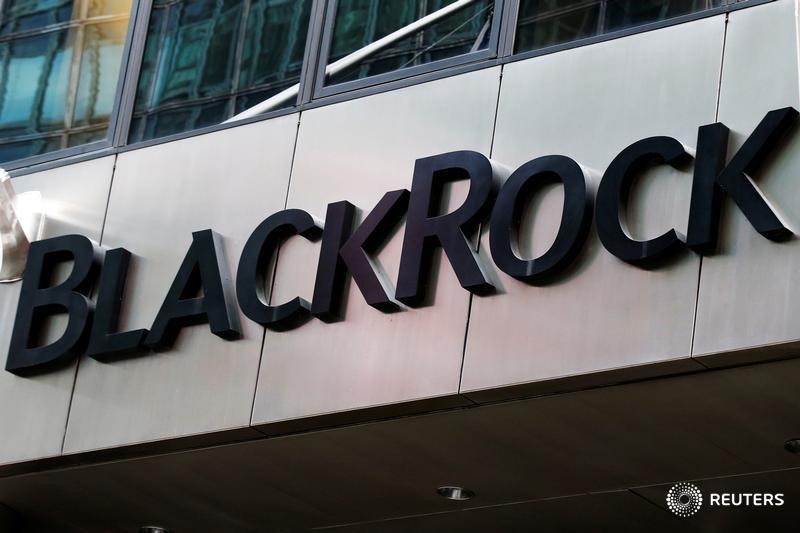(Bloomberg) -- Rising political risks during the global economy’s most important week of the year shouldn’t deter investors from emerging markets, according to the world’s largest asset manager.
While Argentina, Turkey, Brazil and Mexico have seen big price swings in the past few weeks, most developing nations appear on solid footing, said Isabelle Mateos y Lago, the chief multi-asset strategist at BlackRock Investment Institute. A proprietary indicator from BlackRock Inc (NYSE:BLK).’s analysis unit shows investors perceive the world as riskier than the all-time average, but not at levels seen during the invasion of Crimea or the Arab Spring.
“There are times when the global outlook is strong and the market can absorb bad news,” she said. “That’s what we see right now, particularly for some large emerging markets.”
The BlackRock Geopolitical Risk Indicator tracks volume and sentiment of analyst reports, financial news stories and influential tweets to gauge how much investors are focused on geopolitical risks. A score of zero on the index represents the average BGRI level since its origin in 2003, while a score of one means it’s one standard deviation above the average.
Emerging-market assets performed far better in the one-to-three year horizon after events that scored low on the risk gauge than those that scored high.
Of all the risks today, Russia-NATO tensions possess the greatest potential market impact, according to BlackRock. That score is currently negative and far below its peak in 2014. The next two most influential risks, U.S.-China relations and European fragmentation, have climbed in recent months with the China score reaching a a six-year high.
The CBOE Emerging Markets ETF Volatility Index fell to a four-month low on Tuesday.
Here’s what else Mateos y Lago had to say on geopolitical risks:
On vulnerable countries
- "There are essentially four EMs in the eye of the storm -- Argentina, Turkey, Brazil and Mexico -- that have a combination of vulnerabilities in their fundamentals and political risks. Because of these vulnerabilities, we’re a little cautious on them at this time. But the bulk of emerging markets should be okay."
On how investors can capitalize on changing political risks
- "The way to use the BGRI is: 1) look for discrepancies between the market being not worried enough or too worried and 2) when something bad happens or good happens and you want to know if there’s going to be a strong reaction or not, looking at what’s already being expected."
- "For example, when Trump published the letter to cancel his visit with Kim Jong Un, if you looked at the North Korea conflict BGRI you’d see absolutely no good news priced in, so you could have deduced that the cancellation of the summit shouldn’t have had much of an impact because the market hadn’t priced in a positive outcome."
On removing personal biases from geopolitical risk assessments
- "That’s where we see the merit of this exercise. There are other measures of political uncertainty such as the Fed’s. We’re not trying to say how risky is the world. We’re saying how worried is the market, what’s already in the price and how likely is this risk to be realized."
On rising geopolitical risks
- "Middle East tensions risk has popped up recently since the U.S. announcement to leave the Iran agreement. That could have global repercussions -- a fallout in oil prices and also secondary sanctions that could impact sentiment towards European companies."
- "We also see Latin American populism risk as elevated. It picked up in the last couple of months. It’s an issue that’s not significantly reflected in the price. It’s too early to see it as a buy opportunity."
On positive developments
- "We’ll have to see at the end of this week if there’s any movement, but we see Russia-NATO conflict risk declining. That could improve market sentiment towards Russia and countries that rely on it in Central Asia."
On buying opportunities
- "On balance, emerging markets outside of the four trickier ones seem like relatively fairly valued compared to other regions and have very good fundamentals on the equity side as well as hard currency debt."
- "It’s no longer cheap but it’s more fairly valued than everything else."
(Adds volatility gauge in seventh paragraph.)
